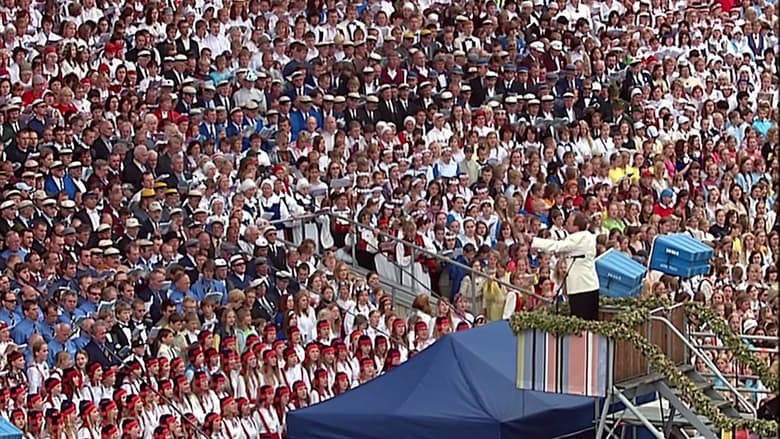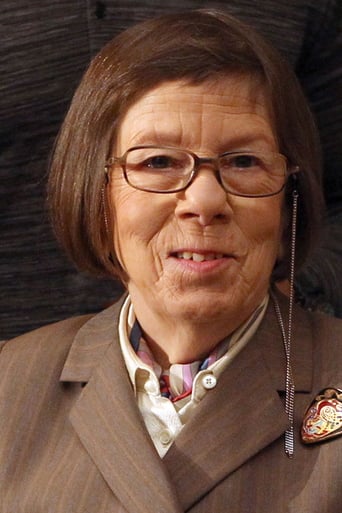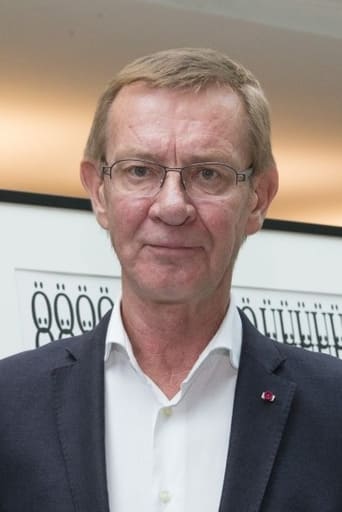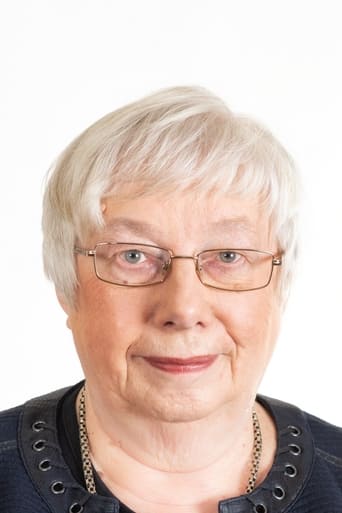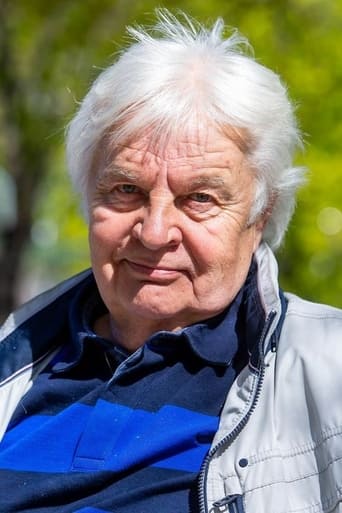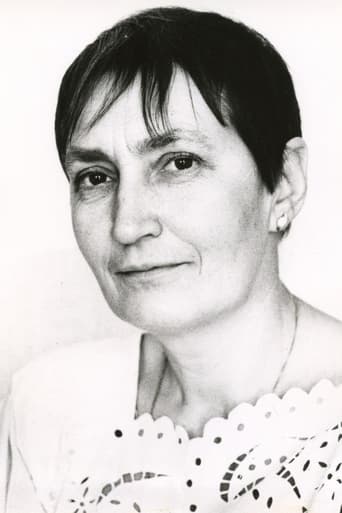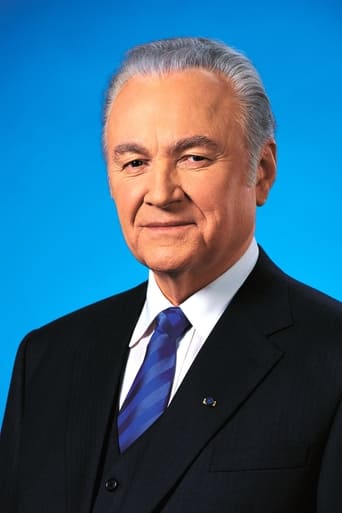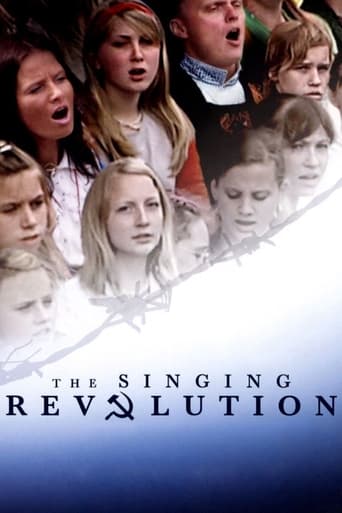
The Singing Revolution
December. 01,2007Most people don't think about singing when they think about revolutions. But song was the weapon of choice when, between 1986 and 1991, Estonians sought to free themselves from decades of Soviet occupation. During those years, hundreds of thousands gathered in public to sing forbidden patriotic songs and to rally for independence. "The young people, without any political party, and without any politicians, just came together ... not only tens of thousands but hundreds of thousands ... to gather and to sing and to give this nation a new spirit," remarks Mart Laar, a Singing Revolution leader featured in the film and the first post-Soviet Prime Minister of Estonia. "This was the idea of the Singing Revolution." James Tusty and Maureen Castle Tusty's "The Singing Revolution" tells the moving story of how the Estonian people peacefully regained their freedom--and helped topple an empire along the way.
Similar titles


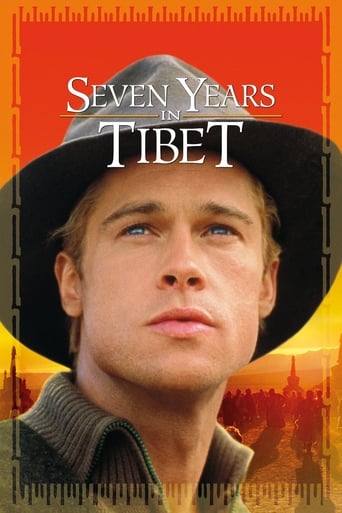


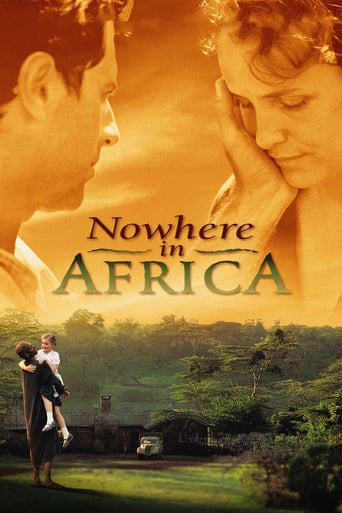
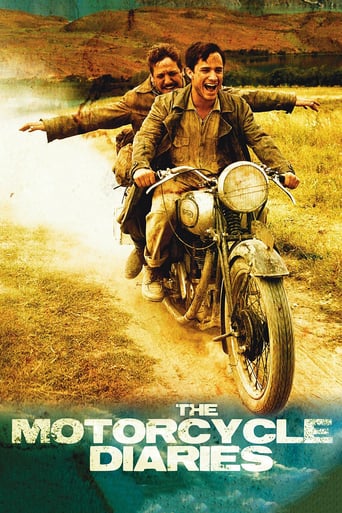
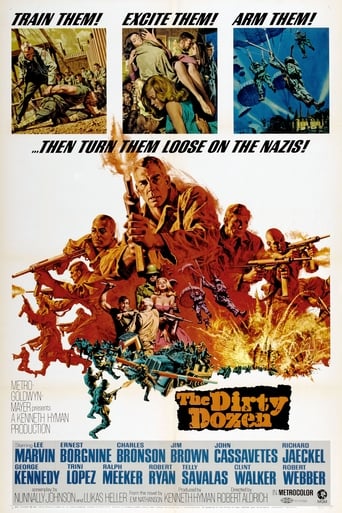
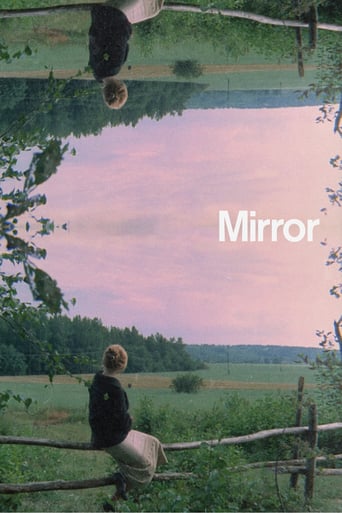
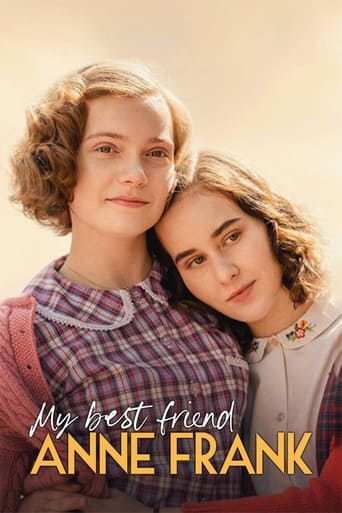
Reviews
Simply Perfect
Powerful
Just perfect...
I don't have all the words right now but this film is a work of art.
This is a film about Estonian independence that occurred in the late 1980s and early 1990s--as the Communist Bloc began to fall apart. It's actually odd that very few films about this period are ever seen in the US--especially considering this meant an end to the very long and tense Cold War.The film begins with a history of Estonia in the 20th century. After gaining its independence following WWI, the country was at peace--that is until the evil pact between the USSR and Nazi Germany. This agreement allowed Stalin to invade and a period of very intense persecutions began. Deportations to Siberia and mass occurred to break the back of the country. Then, two years later, Germans invaded and occupied this tiny country. And, towards the end of the war, the Soviets returned and very harsh repression returned. For the next 45 years or so, the nation would have all symbols of nationalism removed and a strong move to turn the citizens into Soviet citizens began. Despite this, there was a very, very small and quiet sense that Estonia would one day rise again. With a slight easing of free speech rights during the rule of Gorbachev, these hidden desires began to slowly be expressed. Much of the film consists of showing the steps that occurred with these first murmurs for freedom to the actual declaration of independence.So how did singing come into all this? Well, at times the link was rather tenuous in the film. It seems that the earliest forms of protest (even before Gorbachev) was in the nation's singing festivals--and there the people sang nationalistic songs which had been forbidden. And, on one occasion, one out of every three Estonians appeared at the festival to sing--something that is pretty hard to comprehend when you think about it.All in all, a very inspiring documentary about freedom and bravery. Considering that a huge percentage of the nation had been murdered or deported during the Soviet era (about 1/3 of the nation), the fact that they stood up for freedom is all the more impressive.The film is super-inspiring. It was narrated by Linda Hunt, but mostly is consists of Estonians talking on camera about the singing revolution--and this is most fitting. Additionally, archival footage and footage of Estonia today is used to tell this very touching story. The most important part, however, is at the very end--when a brief biographical statement is given for those who participated in the film--and their sacrifices.
It's been a few hundred years since the US had to figuratively sing for its independence, but less than 2 decades since Estonians finally shed the Soviet yoke and found freedom. That the country just south of Finland and between Germany and Russia achieved their freedom not by force but as it were by culture is more remarkable than its million people facing off a country of hundreds of million. Thus forms the outline of a dynamic documentary about Estonian revolution.The thousands of Estonians who met every five years in Tartu, as many as 30,000, sang patriotic songs despite cruel occupations by Germany and Soviet Russia. The symbolic resistance was accompanied by some deft diplomacy during Mikhail Gorbachev's glasnost or freedom of speech and the break up of the USSR in the early 1990's.James Trusty and Maureen Castle Trusty's documentary assembles archival footage of the struggle in the 20th century, uses the usual talking heads, some of whom were freedom fighters, and has the good sense to have an understated Linda Hunt narration. When these innocent throngs sing their nationalist songs, cinemaphiles can't but think of the French singing La Marseillaise at Rick's Cafe in Casablanca.It all works to the extent that you will never forget the little country that could.
James and Maureen Tusty, directors, along with James and Mike Majoros, writers are to be congratulated on a fine piece of work. "The Singing Revolution" documents how a small country without guns or troops, and with only a strong singing tradition and the will to be free, prospered.It may have taken over fifty years to regain their independence, but the strong will of the Estonians triumphed over brutal aggression and media propaganda.To see the sight of some hundred thousand people raising their voices in choral singing about their homeland and their quest for independence is one to behold. The Tustys have included some remarkable archival footage to fill in the foundation for their presentation. Skillfully narrated and edited, this documentary moves along nicely, showing the progress of a people who refused to be dominated by a foreign power.At the end of the showing (on 4/18/08 at Cleveland's Cinematheque) the filmmaker assured the audience that this will be available on DVD following its festival runs. That's something worth looking forward to!
"The Singing Revolution" (Estonian title: "Laulev revolutsioon") was screened in its Canadian Premiere as the main Gala film of the 3rd Annual estdocs Estonian Documentary Film Festival in Toronto on Sunday Oct. 21, 2007 at the Ontario Science Centre Auditorium.The evening opened with welcoming words from festival organizers Ellen Valter and Lia Hess and the introduction of film co-director Maureen Castle Tusty who explained that her husband and film co-director James Tusty was not able to make it to the Toronto screening as he was representing the film at its simultaneous Polish premiere at the Warsaw Film Festival. Maureen Castle Tusty then introduced former Estonian Prime Minister Mart Laar who was a special guest for the evening and who also played a prominent role in the events of the film during his early years in the Estonian Heritage Society.Even though the audience in the hall was a large cross-section of local Estonian-Canadians for many of whom the main events of the film were a well-known part of our recent international history, I think everyone was genuinely impressed by the high standard of care and craftsmanship that the filmmakers put on display in their film which was screened in a crystal sharp high definition image. The film delivers a lot of densely packed information on Estonia's recent history from the Communist/Nazi Molotov-Ribbentrop Pact of 1939 that effectively delivered Estonia into the repressive dictatorship of Joseph Stalin's Soviet Regime to the most recent Song Festival("Laulupidu") of 2004. More time is spent on the early years of the Russian occupation in the 1940's as it was then when the terror of the occupiers was at its fullest. The film then leaps ahead to the years of the mid to late 1980's when Mikhail Gorbachev's "perestroika" (economic restructuring) & "glasnost" (open-ness/free speech) opened the way for Estonian national movements such as the Estonian Independence Party, the Popular Front and the Estonian Heritage Society to test the limits that would be allowed before a further brutal oppressive crackdown began. Their steady probing and persistence made tiny Estonia a leading element on the way to the eventual breakdown and breakup of the Soviet empire. Along the way, the role of Estonian music in general and the ongoing National Song Festival in particular, are shown as a force that kept hope for independence alive from as early a date as 1947 when Estonian composer/conductor Gustav Ernesaks was able to sneak his song "My Fatherland is My Love" into the new Soviet Republic's first post-occupation Song Festival.Although the subject matter is overall one of a very serious nature there are still several moments of humour in the film such as one Russian babushka's complaints about how "I'm ashamed of Estonians, they are so sly. Face to face they're so nice to you, but they stab you in the back when you turn." Fans of the writers Andrus Kivirähk and Oskar Luts were also rewarded with anecdotes such as narrator Linda Hunt extolling the clever "Old Farmer of the Barn" (Estonian "Rehepapp" - also the title & subject of a recent novel by Kivirähk) as the Estonian national hero in place of conventional mythological warriors and conductor Tiia-Ester Loitme lamenting the loss of her balloon in the Song Festival Parade with the words "Minu nunnu lendas minema!" ("My precious has flown away!") (this last one evokes Luts' immortal comic play "Kapsapea" ("The Cabbage Head"). It was a pleasure as well to hear Popular Front leader (& otherwise artist/cartoonist) Heinz Valk tell the stories of how he coined the phrases "Laulev revolutsioon" (Singing Revolution) and "Ükskord me võidame niikuinii!" (One day, we will win regardless!) with which he forever afterwards had to end his speeches, to audience shouts of "Say it Heinz! Say it!!". So there were many subtle chuckles to be enjoyed from the movie also.The 475-seat hall was totally sold out for the occasion and the film was warmly received with a unanimous standing ovation at its conclusion. I'll admit to a huge personal bias here because of my Estonian heritage, but I find it hard to believe that anyone who supports movements of self-government and national independence and basic human rights in this day and age would not be moved by this wonderful film. Thanks to Maureen and James Tusty for their vision and their efforts to bring this story to the screen and to the world.Oct. 28, 2007 Update: The 3rd Annual estdocs Festival ended on Oct. 26, 2007 and it was announced that "The Singing Revolution" won both the Audience Favourite and the Jury Prize for the week-long festival.
Top Streaming Movies











